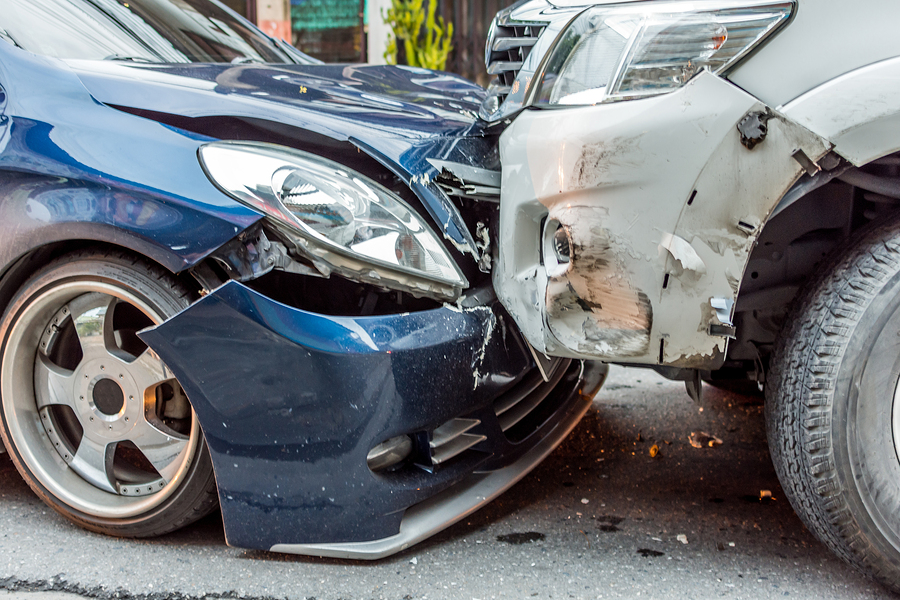What You Say In An Accident Can Go To Court
 Michael Babboni
Car Accidents
We now live in an age where the idea that anything we say casually is “lost in the wind” is not something that can be taken for granted. This is especially true during any kind of crisis or accident. The 21st century is a time when anyone with a smartphone has access to audio and video technology capable of taking photos, recording speech, and shooting video. Cars can now be equipped with dashboard cameras that record an accident as it happens. Even the police in some instances now sport “body cams” that observe and record the details of any interaction they participate in, whether it’s a criminal confrontation, or mediating a traffic accident.
Michael Babboni
Car Accidents
We now live in an age where the idea that anything we say casually is “lost in the wind” is not something that can be taken for granted. This is especially true during any kind of crisis or accident. The 21st century is a time when anyone with a smartphone has access to audio and video technology capable of taking photos, recording speech, and shooting video. Cars can now be equipped with dashboard cameras that record an accident as it happens. Even the police in some instances now sport “body cams” that observe and record the details of any interaction they participate in, whether it’s a criminal confrontation, or mediating a traffic accident.What this means is that the old legal advice to be careful of what you say in the immediate aftermath of an au-to-accident is more important than ever. This applies both you and to the other party involved. The reason for this is, of course, the possibility of a lawsuit, and what will be used in that lawsuit either in your favor or against with your St. Pete lawyer should things go to court.
The Opening Minutes
In the event of a car accident, the most important advice, is also the simplest and most difficult to follow; re-main calm and watch what you say. Of course, the reason this advice is so difficult to abide by is that, despite the fact that it is very good advice that everyone can agree on, a car accident is often a very traumatic event in which emotions are running high. Maintaining self-control and acting in a logical, rational, considered manner when there may be injuries and people need help is extremely difficult to manage.
Even more difficult than this—though no less important—is remaining calm enough to think about the future, and what kind of ramifications what you say and do at an accident scene can have on your legal position if things go to court. And yet, despite that great difficulty, if you can remain calm and think about the future, you should absolutely do so, and carefully monitor not just what you say, but what others say. This is especially true if there are cameras at the scene recording events.
A Case Can Be Formed At The Start
For example, if a car accident occurs, and you’re not remaining calm, with cameras recording the event, you might, as a way of expressing doubt, ask, “Is this my fault? Did I not see you? It’s my fault, isn’t it?” and if this is remembered, or worse yet, recorded by a camera, you may very well have set yourself up for a personal in-jury lawsuit that could go to court.
One of the most important things to determine the outcome of a personal injury lawsuit is the assigning of fault. If one of the parties actually claims fault right from the beginning, or frames a statement in such a way that a jury could easily see it as taking responsibility, the legal battle is half-over already.
This is why, even if you have some doubts about whether you are at fault, or the other person is, you do not say so on the scene. Get a St. Pete lawyer to discuss your legal options and share your concerns there. Try to remember in the heat of the moment that anything you say implicating fault, whether it is remembered by a wit-ness, or recorded by a camera, is potential evidence that can be used in a lawsuit. And remember that what the other party says has the exact same potential.
